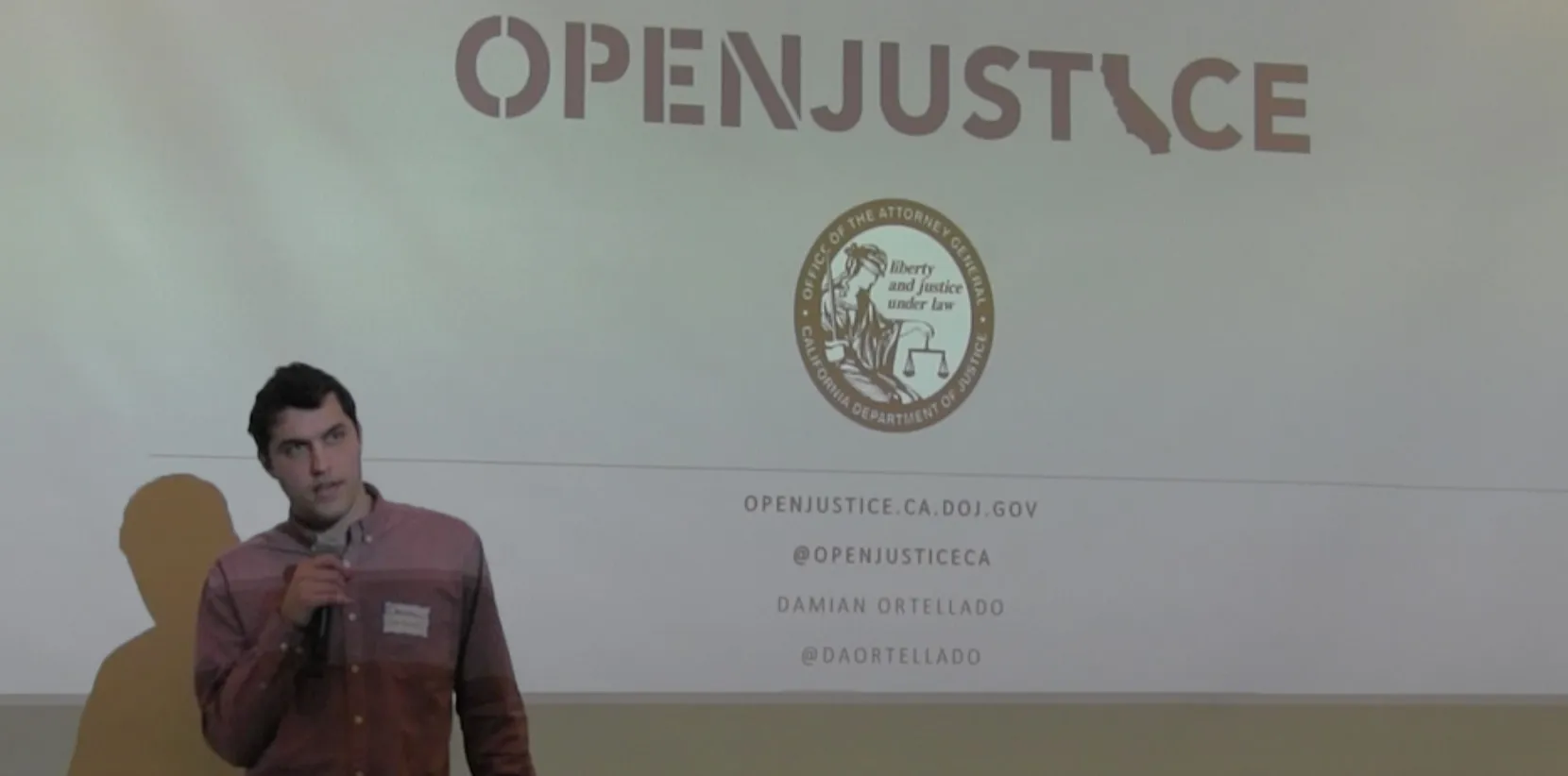Searching for Equity in a Sea of Data

Open Data Day is an annual celebration of open data all over the world. This year, it was celebrated on Saturday, March 4. Code for San Francisco hosted its Open Data Day event at the Microsoft Reactor and launched the day with an inspiring keynote by Carla Mays. @CarlaMays is a veteran of the Civic tech movement and this was a bit of a homecoming for her having attended Open Data Day’s previous incarnation, Code Across in 2013. Carla discussed how open data could be used to create a more equitable and inclusive society. “We’ve really got to start to see the faces of this change, it’s got to be more inclusive and we’ve got to work as a team.” She also stressed that “We have to address biases that are baked into data sets.” The key to inclusiveness and equity is what Carla tagged #WithNot4Design.
“Communities must be included in the design and development process for technology to truly reflect their needs and priorities.”
Public Administration for the 21st century
Carla Mays was followed by Damian Ortellado @daortellado from the California Department of Justice who described the work being done on OpenJustice.doj.ca.gov Open Justice is an effort to bring transparency to criminal justice data. A example of this transparency effort are the data stories featured on the site. Damian stressed that:
“It’s not just about sharing data, but giving it context and doing our due diligence to explain to the public what this data means.”
Members from the Brigade’s Data Science Working Group have been working with Open Justice on juvenile justice data with prompts from CA DOJ on issues such as: Which counties/agencies arrest African American juveniles at a statistically significantly higher rate than that of other counties/agencies? For the same criminal offense, are particular ethnic juvenile groups more likely to be treated with harsher consequences by law enforcement?

The Data Science Working Group is an example of how the civic tech volunteer movement is maturing. The Group is a dedicated team working on complex social issues in partnership with a government agency. The civic tech movement is the testing place for innovative ideas in government technology and also for training the next generation of what Carla dubbed “public administration for the 21st century”.
Microsoft: Committed to the Civic Tech Community
Microsoft has been a continued supporter and host for several Code for San Francisco events from Code Across to the National Day of Civic Hacking. “For years, Microsoft has partnered with Code for America brigades across the country to promote civic innovation for all,’ said Scott Mauvais, Director of Technology and Civic Engagement for Microsoft. ‘Events like Code Across and the National Day of Civic Hacking help bring innovative solutions directly to the people. We’re honored to support these initiatives and to help Code for San Francisco inspire progress through ingenuity.”
It Was a Busy Day
Data driven social justice is a great ideal, but what does that look like in practical terms for a volunteer lead organization like Code for San Francisco? Here’s a look at some of the projects worked on C4SF’s Open Data Day event. Some are new projects, others are ongoing Brigade projects.
How might we lower San francisco rents? Good question. The five member team of Ryan, Jeremie, James, Jaoyi and Wendy decided to address the supply issue. After diving into data.sfgov.org they discovered that San Francisco has 166,068 off-street parking lot and parking garage spaces. Designer Tim McCormick has addressed affordable housing with modular, mobile housing that fits in parking spaces. The team decided to initially target single, transient professionals, but this concept could work for San Francisco’s large homeless population as well.
Open Justice: Working with the California Department of Justice to create an interactive visualization of the juvenile arrest process: Inform the public of the process and show the data of where juveniles fall in the process and what might affect those outcomes. Does geography or race have an effect on juvenile justice outcomes?
Small Business Administration and underserved communities: Working from prompts from the SBA the team examine loan data for trends to make recommendations on how to address neighborhoods that are underserved or are over-served by the SBA. The team looked at data from the SBA that looks at small business loan data from 1990 to current.The team used the event to begin their research into the data and outline next steps on this on going project. project github
Econozen: Consumer Activism? Let’s make an app for that! The Econozen team is looking to quantify consumer behaviour to align beliefs with consumer behavior. They analyzed data from the SF ethics commission to that tracks who donates to what.
Planning Department: Housing pipeline: Modeling data for the San Francisco Housing Action coalition addressing questions about the data set from the Planning Department. Data modeling and UI continues.
SF Department of Environment: Building a dashboard for building managers to understand where there buildings are in relation to similar types in regards to greenhouse gas emissions and energy consumption. This is a dedicated project with the SF Department of Environment.
What’s Next?
Several of the projects that folks worked on at Open Data Day are on-going projects at our weekly, Wednesday night hack nights. Open Data Day was a continuation of the amazing volunteering collaboration between the civic tech community, government and the private sector that Code for San Francisco has fostered for several years. Check out some of our open projects and come lend a hand: CodeForSanfrancisco.org/Projects